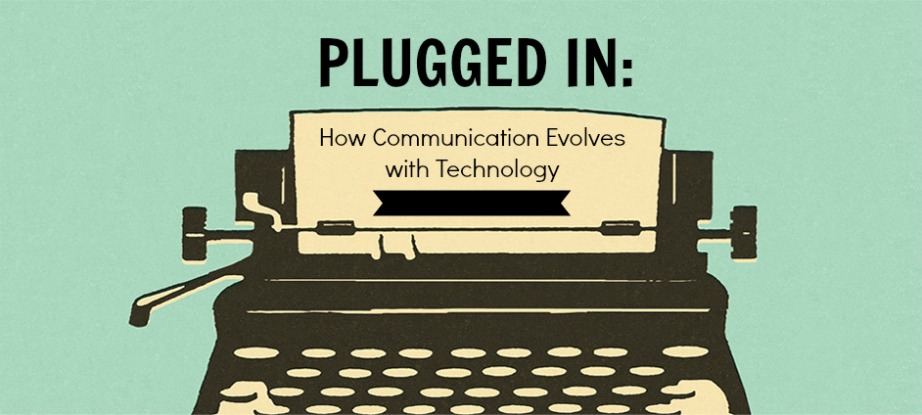Distant friend: *comments on my photo*
Me: "That's so true! Also by the way, I miss you :)"
Distant friend: "Me too! We HAVE to hang out sometime!"
Plans for definite future socialization are confirmed, usually all in the span of five minutes, never to be followed up on again.
Let me clarify. Usually if it's a close friend, we find some way to make plans. However, it's those friends from summer programs, those digital acquaintances with which hollow promises are made in the facade of a close friendship.
This has been an ongoing trend that I've noticed. Based on my totally-not-statistical observations, many people I know (including myself, sometimes) tend to act more outgoing, more effervescent over the internet than we are in real life. We are quicker to compliment. We are quicker to send out hearts emojis than give hugs in real life (except me--I'm probably one of the most open huggers you'll find). We are bolder, more daring, quicker to reach out and show affection and feign a closeness that would take maybe days or weeks to manifest in real life. I've met many friends that seemed confident over the internet, only to be more withdrawn and less open in real life.
This doesn't just affect friendships as well--this affects relationships, too. A New York Times Modern Love essay a couple of years back touched on this subject, when a girl who fell in love with a guy she'd met at a digital internet conference developed an incredible relationship with him over Skype worked to meet up with him in real life, only to discover that he was closed off, hesitant, and ignorant of her. In real life, it turned out that he valued his digital presence and his image rather than the actual relationships he had with people around him.
I wonder what boldness and intrepidness takes place over the ambiguous digital interwebs that can't translate to real life. Is it that the stakes are higher in real life--that spending time in each others' physical presence forces a commitment that doesn't have to be held over the internet? (In the internet, all it takes is to ex out of a chat box or not respond to a message--in real life, we can't just leave) Is it that we have a longer time to polish what we have to say over the internet? Or does what we have to say over the internet hold less weight, and therefore we can exaggerate emotions, connections, and friendships?
One thing is for sure--the internet makes it easier for us to say things. But does that make us more truthful about our feelings, or does it give us more space to lie?
